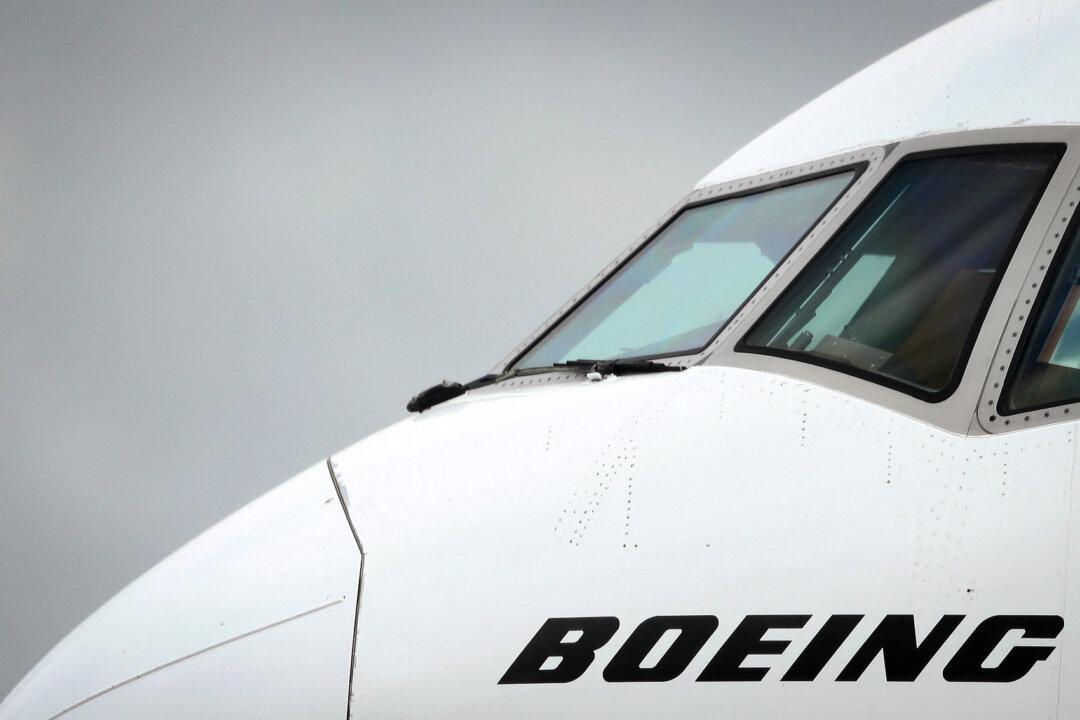Global aerospace company Boeing is developing sustainable aviation fuels in Australia amid the push toward net zero emissions.
The Chicago-based company is assisting Wagner Sustainable Fuels to develop a production facility in Brisbane, Queensland.

Global aerospace company Boeing is developing sustainable aviation fuels in Australia amid the push toward net zero emissions.
The Chicago-based company is assisting Wagner Sustainable Fuels to develop a production facility in Brisbane, Queensland.